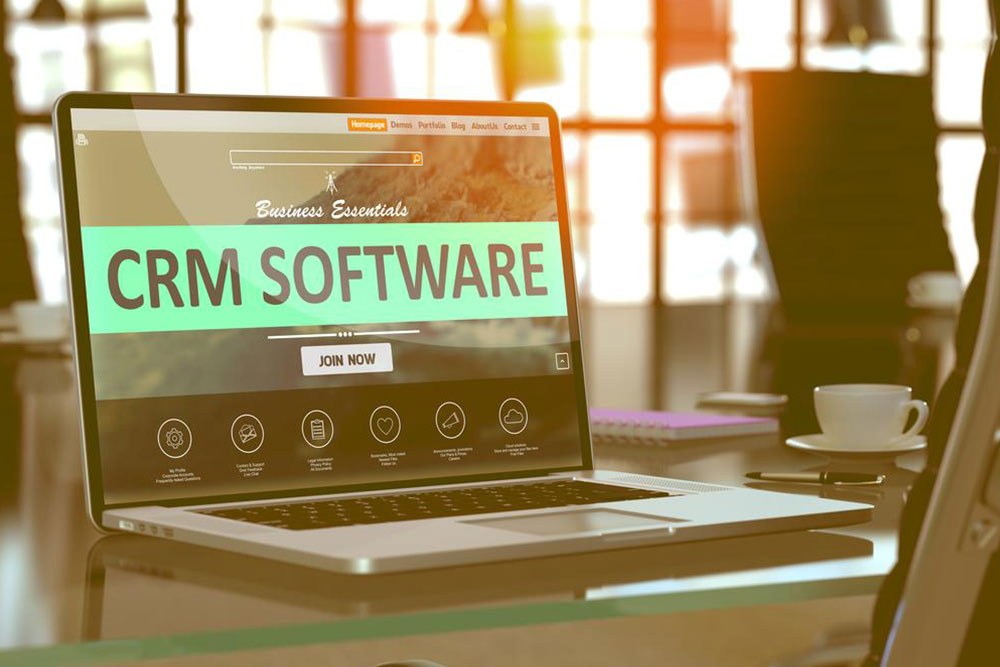Comprehensive Guide to SBA-Backed Loans: Unlocking Growth Opportunities for Small Businesses
Discover how SBA-backed loans can propel small business growth through accessible funding, favorable terms, and varied loan options. Learn the application process and benefits of working with government-backed financing to stabilize and expand your enterprise efficiently.

Empowering Small Enterprises with SBA-Backed Financing Solutions
Starting and expanding a small business often requires substantial capital, which can be challenging to secure through conventional financing routes. During economic downturns or periods of financial uncertainty, access to affordable funding becomes even more critical. This is where SBA-backed loans come into play, offering vital support to entrepreneurs aiming to grow their operations and stabilize cash flow. The Small Business Administration’s (SBA) loan programs are designed to provide flexible, accessible financing options tailored specifically for small businesses, with the 7(a) loan program being one of the most prominent. Understanding how these loans work, their benefits, and the application process can significantly enhance a company's growth prospects.
What Is an SBA Loan?
An SBA loan is a financial product guaranteed by the U.S. Small Business Administration and issued through approved lending partners. This government-backed guarantee reduces the lending risk for banks and financial institutions, making it easier for small businesses to secure necessary funds. Unlike traditional bank loans that may require stringent qualification standards, SBA loans tend to offer more flexible terms, lower interest rates, and longer repayment periods. They serve as an excellent funding solution for various business needs, including working capital, equipment purchase, real estate acquisition, or debt refinancing.
SBA loans are known for their favorable interest rates, which are often lower than those available from private lenders, making borrowing more affordable. Funding amounts can range significantly, from as little as $500 to as much as $5.5 million, depending on the specific SBA loan type and the business’s needs. These funds can be allocated toward working capital to manage daily expenses or toward acquiring critical assets that support long-term growth.
Diverse SBA Loan Options
Because small businesses have different financing requirements, the SBA offers various types of loan programs, each tailored to meet specific needs. Some of the most commonly utilized SBA loans include:
**7(a) Loan Program:** The most widely used SBA loan, offering flexible funding options for various purposes such as working capital, expansion, or equipment purchase.
**Microloans:** Smaller loans typically up to $50,000 designed to support startups or small operations needing limited capital for inventory, supplies, or equipment.
**Disaster Assistance Loans:** Specially crafted to assist small businesses affected by natural disasters or emergencies, providing critical funding to recover and rebuild.
**504 Loan Program:** Focused on real estate and large equipment financing, often used for property acquisition or major renovations.
Advantages of Choosing an SBA-Backed Loan
SBA loans are particularly attractive because of their federal guarantee component. While the loans are issued through private lenders, the SBA guarantees a portion of the loan amount, which significantly reduces the lender’s risk. This guarantee enables lenders to offer more favorable terms, including extended repayment periods and lower interest rates, making it easier for small businesses to manage their debt obligations.
Another benefit is the relative ease of qualification compared to traditional bank loans, especially for small or new businesses that may lack extensive credit history or collateral. SBA loans prioritize the entrepreneur's business viability, personal investment, and operational stability, thereby fostering financial inclusion.
Understanding Eligibility and Application Processes
To qualify for an SBA loan, applicants must meet specific eligibility requirements. These typically include:
Demonstrating a need for financing that aligns with business growth objectives
Personal investment or equity contribution into the business
Proof of the business’s operation within the United States
Having exhausted other financing options
Ensuring the business is profitable or has the potential for profitability
Applicants are also evaluated based on their creditworthiness, income levels, and ownership structure. Preparing comprehensive documentation—such as financial statements, tax returns, and business plans—can streamline the application process.
Applying for an SBA-backed loan is straightforward. The first step involves visiting the official SBA website, where detailed checklists, eligibility criteria, and documentation requirements are provided. Many lenders, including local banks and credit unions, participate in SBA loan programs. For qualifying applicants, the SBA Express platform offers expedited processing, reducing approval times significantly. It’s advisable for entrepreneurs to research different lenders’ terms, interest rates, and repayment conditions to find the most suitable financing partner for their needs.
In conclusion, SBA-backed loans serve as a robust financial instrument for small business owners seeking to expand, stabilize, or innovate. With their favorable terms, diverse options, and government backing, these loans can be a game-changer in helping small enterprises realize their growth ambitions, especially during challenging economic times. Whether it's funding for new equipment, real estate, or operational costs, an SBA loan can provide the essential capital required to achieve long-term success.





